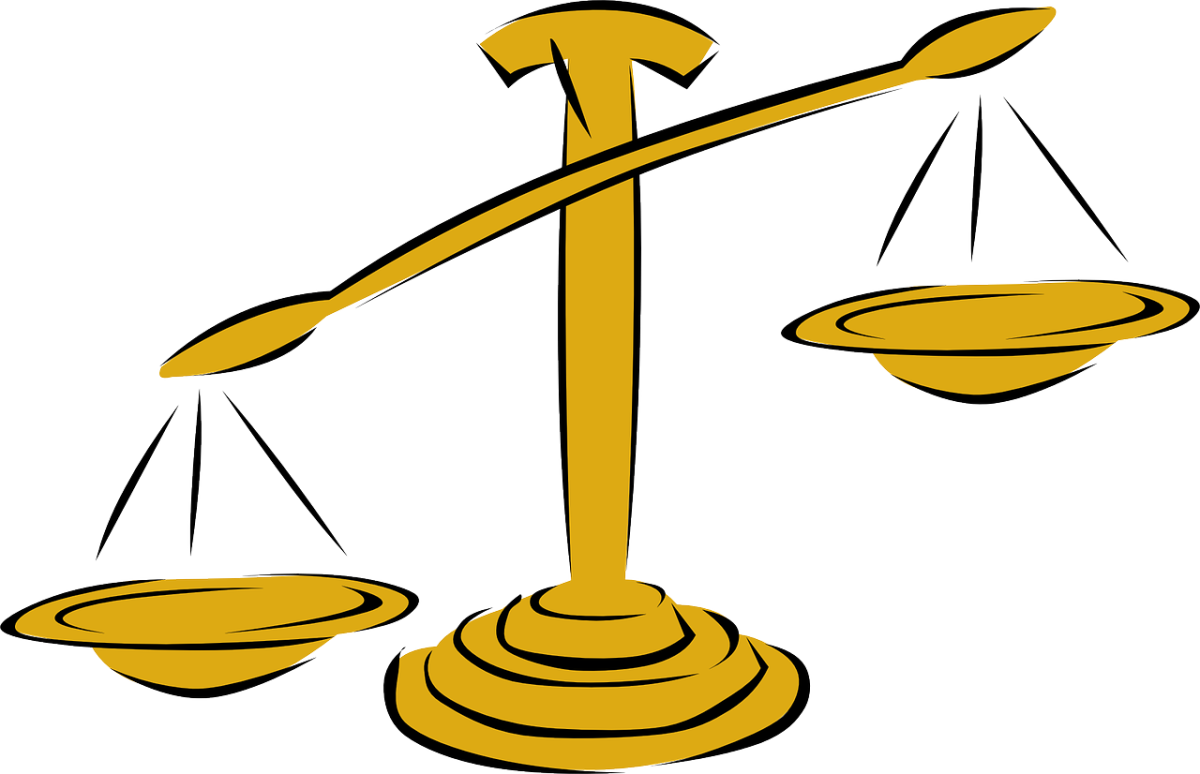In the last presidential administration, Executive Orders were a constant topic of conversation. In the Trump administration, the conversation has continued pace. Along the way, the point of these orders has been completely lost. The problem came when, at some point, the powers of the president and the legislature blurred to the point that the executive began to see himself as a kind of quasi-legislative administrator or the prime minister of a proto-parliament institution. In turn, the country and its media followed suit.
The legislature, in our republic, designs or creates the law; the executive branch is then charged with executing that law which congress has passed. Arguments over any executive order must deal first with this fact—is the president executing a law already passed by the legislature or is he creating a law out of nothing, thereby violating the powers given to his office?
President Obama was rather famous for using Executive Orders when he felt that Congress was “not acting.” His defenders often claimed that he was issuing Executive Orders at a far lower rate than his predecessors. This defense thoroughly misses the point and led the conversation away from the first hurdle any executive order must clear.
It is not how many orders a president issues, but the nature or content of those orders. The orders must conform to the powers placed in the hands of the executive; the number of such orders is completely irrelevant. Today, the issue has been obfuscated even further. President Trump came under a great deal of criticism in the last few months for his decisions to roll back the DACA program for undocumented immigrants and repeal certain sections of Affordable Care Act subsidies. When watching cable news, scrolling through social media or reading article online, the viewer or reader will immediately be thrust into a discussion on policy. Policy can be a point of discussion on the topic of Executive Orders, but it can never be the first one. Before the policy or content of the order can be discussed and whether it is good or bad for the country or how it will affect various classes of people, the legality of the order must first be discussed.
When a critic of the Affordable Care Act subsidies makes the argument that, regardless of the policy, the order was unlawful, a defender of said policy will rarely grapple with the point actually made, but in most cases will shift the subject to the content of the order. For the present purposes, the content is immaterial. Implicit in this kind of argumentation is a sinister impulse. When an individual does not, first and foremost, establish the legality of an Executive Order, they are implicitly claiming that the ends justify the means, that any form of executive fiat is permissible as long as the policy outcome is superior. It would not be hyperbolic to say that this kind of attitude is but a stone’s throw away from totalitarianism.
This is a nation of laws, not of men. If the executive is able to eschew the law on any whim, why bother writing down the laws? The law is not optional; it is the only thing that holds over and above the state and its constituent citizens, keeping them equal. Without the possibility of redress, the state can impose its will with impunity and without limit.
Perhaps an unconstitutional Executive Order will be good for the citizens, but with the precedent set, Pandora’s box is open. A liberal may be happy with President Obama willing his agenda into law, but they will not be so happy when President Trump does the same. The same goes for conservatives. The process of legislation is difficult; indeed it is difficult by design. The temptation to write one’s own laws, born of frustration and the will to do good, is very powerful for any president when the legislative branch finds itself mired in intransigence. But the law stands above the individual to keep power contained to its proper places so it will not be usurped by an individual of ill will who finds himself or herself elected to high office. So, when arguing over executive orders, it is the law that must be the first (but not the only) hurdle to be cleared.
For questions/comments about this column, email [email protected] or tweet @thewhitonline.




































































































































































































